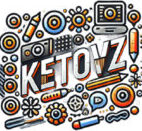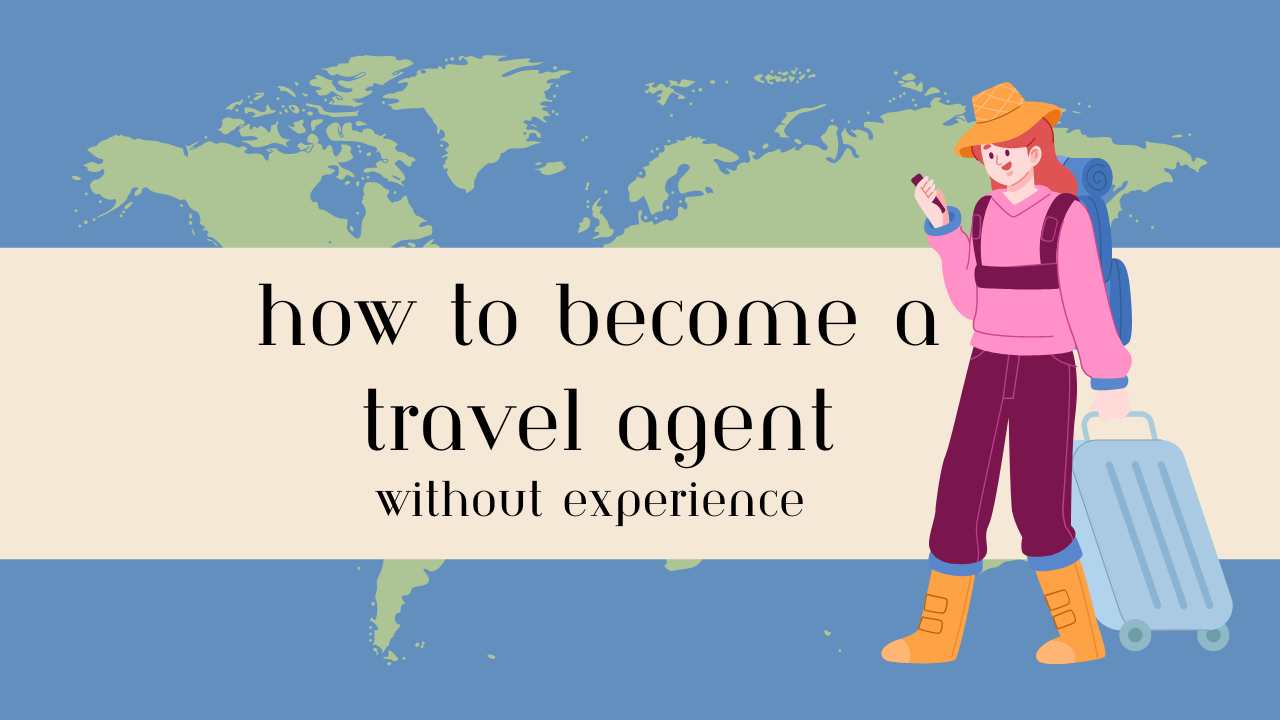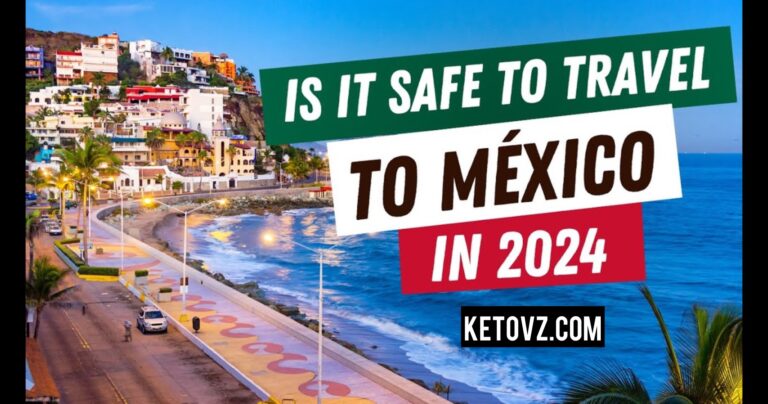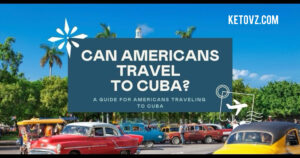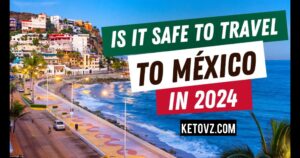Travel is always an exit to adventure, discovery, and relaxation, and behind every seamless trip is a skilled travel agent. Passionate travel explorers and assistors of others have a potential exciting and fulfilling career in this challenging yet lucrative profession. In this guide, we shall explore how you can get started, the skills you’ll need, and the key steps to build a successful career as a travel agent.
Knowing what a travel agent does
First of all, understand what a travel agent is all about. A travel agent creates journeys for persons, groups, or companies and coordinates so that travelers can enjoy a smooth trip without worrying about flights, lodgings, transportations, or activities. Professionalism on the part of a travel agent typically saves the client time and money while he provides access to insider deals and experiences.
Travel agents also handle any hindrances that may result from travel disruption, cancellation, or rebooking, thus ensuring one is able to offer their valued support to the clients. To your knowledge, they are a one-stop shop for travel stress-free planning.
Assess Your Interest in Travel
A good travel agent is enthusiastic about traveling, discovering new places, and serving customers. If you genuinely have an interest in discovering new destinations, keeping abreast of trends within the tourism industry, and in helping people create memorable travel experiences, then this job would be great for you.
Passion will fuel you not only to learn more about different cultures, destinations, and travel opportunities but also keeps you motivated even when you encounter obstacles along the way in this industry.
About the Industry

Travel is a sizeable industry, and travel agents further specialize by type into a subagent employed by an agency, independent contractor, or niche agent who specializes in corporate, luxury, adventure, or family travel. Take some time to research the different sectors of the industry to find out what kind of travel agent you’d like to become.
You would be aware of the requirements, trends, and challenges of the market. For example, with the ‘internet excitement’ and popularization of online booking sites, most agents provide customized services or specialize in niche types of travel such as eco-tourism, destination weddings, or luxury cruises.
Educational Requirements and Certifications
Although formal education is not always necessary to become a travel agent, relevant education can be very helpful. Here are some ways you can bolster your credentials:
a) High School Diploma or Equivalent
Ordinarily, most travel agencies or customers will require you to have at least a high school diploma or equivalent. Basic communication, organizational, and math abilities learned during this period are very important.
b) Travel Agent Training Courses
Many aspiring travel agents enroll in programs that provide focused education and training in a variety of areas of travel planning, including fares, accommodations, travel insurance, and customer service. Among the largest certification programs are:
Certified Travel Associate/ Certified Travel Counselor program by The Travel Institute
Travel and Tourism Program, International Air Transport Association (IATA).
These courses can give you the industry know-how and could be that icing on the cake in having a competitive advantage in job markets.

c) Learn Online
The travel industry is dynamic, and keeping abreast of what’s happening is very important. Keep updated with online resources in a web conferencing system, blogs about travel, or news platforms.
Master Essential Skills
To be a travel agent, you will require a combination of both hard and soft skills. Some of the most important ones include customer service skills, which means you will spend much of your time helping clients, answering their questions, and making personalized recommendations based on their needs. You will have to pay attention to detail, because planning travel requires it so that flights, accommodation, and itineraries are booked accurately.
Communication Skills: Communication skills-both written and verbal-are very much in demand in direct as well as indirect interfaces with clients, suppliers, and airlines.
Problem-Solving Skills: Problems which may have arisen unexpectedly, like cancellation of flight or hotel overbooking, have to be solved efficiently.
Sales and Marketing Skills: As an independent or freelance agent, you will have to market your skills and solicit clients. You will also be required to do so in an agency environment as a good travel agent selling travel packages and up-selling services.
Getting Practical

Practical experience is the only way for someone to grow into a full-fledged travel agent. Here’s how you do that:
a) Join a Travel Agency
Working for a established travel agency can easily provide on-the-job experience as you can learn to communicate and interact with clients, use booking systems, and solve all issues related to traveling. Many agencies can offer mentorship opportunities or in-house training programs for beginners.
b) Internships or Part-Time Roles
You can also opt for internships or part-time travel jobs. These will give you a taste of day-to-day functioning and build a strong foundation of concepts that you will need.
c) Use Booking Tools
Familiarize yourself with the Global Distribution Systems, namely Amadeus, Sabre, Galileo. Most of the travel industry uses them for booking flights, hotels, and rental cars. The ability to work efficiently through these tools can assure completing requests from clients.
Find Your Niche
People in a highly competitive industry like travel can niche to differentiate the products that they can offer as a travel agent. Some agents specialize in certain kinds of travel, specific destinations, or demographics. Here are a few examples:
Luxury Travel: They specialize in high-end accommodation, personal tours, and other exclusive experiences.
Adventure Travel: The focus is on outdoor adventures like trekking, scuba diving, or safaris.
Destination Weddings and Honeymoons: People cater to couples who are looking for a romantic getaway or an overseas wedding.
Corporate Travel: Organizing trips for corporations and their stakeholders.
Being niche specific further also enables you to become an expert in that field and attract clients who are seeking specific experiences.
Decide between Employment or Freelancing

There are two types of travel agencies by way of career opportunities for travel agents: employment with a firm or launching your own business
a) Working for a Travel Agency
A well-established travel agency promises stability and continuity of clients. Most agencies take over the administration of bringing in clients, so more time can be placed on sales and customer service.
b) Starting Your Own Travel Agency
If you like flexibility and independence, you can become a freelance or independent travel agent. This route means you set your hours and can specialize in a niche you desire, but it demands self-promotion, marketing, and the responsibility of running a business on your own.
Build a Client Base and Network
No matter if you work for an agency or as an independent agent, you need to build a strong client base. Here is how you can get started:
Networking: Attend all types of travel-industry events, trade shows, and conferences to reach out to other professionals and potential clients.
Social Media Marketing: Utilize places like Instagram, Facebook, and LinkedIn for marketing your services and associate with fellow travelers.
Word-of-Mouth Referrals: The best advertisement comes from satisfied clients. Continuously provide good customer service to earn recommendations.

Remain Strongly Committed to Continued Learning
The travel industry is always in motion; one can spot new destinations, technologies, and trends surfacing every day. Thus, continue learning and updating your skills to stay competitive. Many travel agencies and certification organizations offer refresher courses, workshops, and industry updates to help you grow your knowledge.
